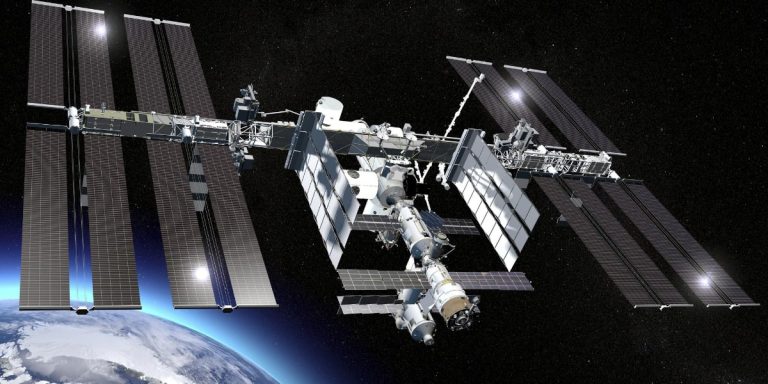NASA Expedition 71 Astronauts’ Research on the International Space Station
In the vast expanse of space, the International Space Station (ISS) stands as a beacon of human ingenuity and scientific exploration. As NASA prepares for Expedition 71, a new chapter of discovery unfolds with a focus on unraveling the mysteries of neurology, botany, and human physiology in microgravity environments. Join us as we delve into the groundbreaking research poised to reshape our understanding of life beyond Earth.
Modeling Neuroinflammation: Deciphering the Secrets of the Brain in Space
The human brain, a complex network of neurons and synapses, holds the key to understanding cognition and consciousness. However, the effects of prolonged space travel on neurological health remain largely unexplored. Enter the Human Brain Organoid Models for Neurodegenerative Disease & Drug Discovery (HBOND) study, a pioneering initiative aimed at unraveling the mechanisms behind neuroinflammation—a common hallmark of neurodegenerative disorders.
Utilizing patient-derived induced pluripotent stem cells (iPSCs), researchers create organoids mimicking the intricacies of the human brain. With a focus on Parkinson’s disease, primary progressive multiple sclerosis, and Alzheimer’s disease, HBOND ventures into uncharted territory, offering insights into the effects of spaceflight on neurological health. By testing potential drug candidates within these organoid models, scientists aim to accelerate the pace of drug discovery while shedding light on the broader implications for aging and space travel.
Protecting Plants: Cultivating Life Beyond Earth’s Borders
In the harsh environs of space, even the most resilient organisms face formidable challenges. The Study on Plant Responses Against the Stresses of Microgravity and High Ultraviolet Radiation in Space (Plant UV-B) seeks to unravel the intricacies of plant biology in extraterrestrial settings. By subjecting plants to the dual stressors of microgravity and UV radiation, researchers aim to elucidate the molecular mechanisms governing plant growth and resilience.
As humanity sets its sights on long-term missions to the Moon and Mars, the cultivation of plants assumes paramount importance. Beyond serving as a renewable food source, plants offer crucial life-support services, oxygen generation, and carbon dioxide absorption. Through the Plant UV-B study, NASA endeavors to pioneer sustainable agricultural practices that will sustain future generations of spacefarers.
Reversing Fluid Shifts: Safeguarding Astronaut Health in Zero Gravity
Weightlessness, a hallmark of spaceflight, exerts profound effects on the human body. Among the most pressing concerns is the phenomenon of fluid shift, where bodily fluids gravitate towards the upper body, leading to ocular disturbances and cardiovascular issues. Mitigating Headward Fluid Shifts with Veno-constrictive Thigh Cuffs During Spaceflight (Thigh Cuff) proposes a novel solution to this vexing problem.
By employing thigh pressure cuffs, astronauts may counteract the detrimental effects of fluid redistribution, safeguarding their ocular health and overall well-being. Furthermore, the insights gleaned from this study may find applications beyond the realm of space exploration, offering hope to patients on Earth grappling with fluid-related disorders.
Incredible Edible Algae: Harnessing Nature’s Potential in Space
In the quest for self-sufficiency in space, every resource assumes newfound significance. Enter Arthrospira-C (Art-C), an ambitious endeavor spearheaded by the European Space Agency (ESA) to unlock the potential of microalgae in space habitats. Spirulina, a versatile cyanobacterium, holds promise as a multifaceted solution to the challenges of life support and radiation protection.
Armed with the ability to sequester carbon dioxide and produce oxygen, Spirulina emerges as a cornerstone of future space missions, offering a sustainable means of life support and nutrition. Moreover, its radioprotective properties hold implications for both space travelers and terrestrial patients undergoing radiation therapy.
HASHTAGS:
#NASA #SpaceExploration #MicrogravityResearch #Neuroscience #PlantBiology #AstronautHealth #SpaceTechnology #SustainableSpace #LifeBeyondEarth #ResearchInnovation

